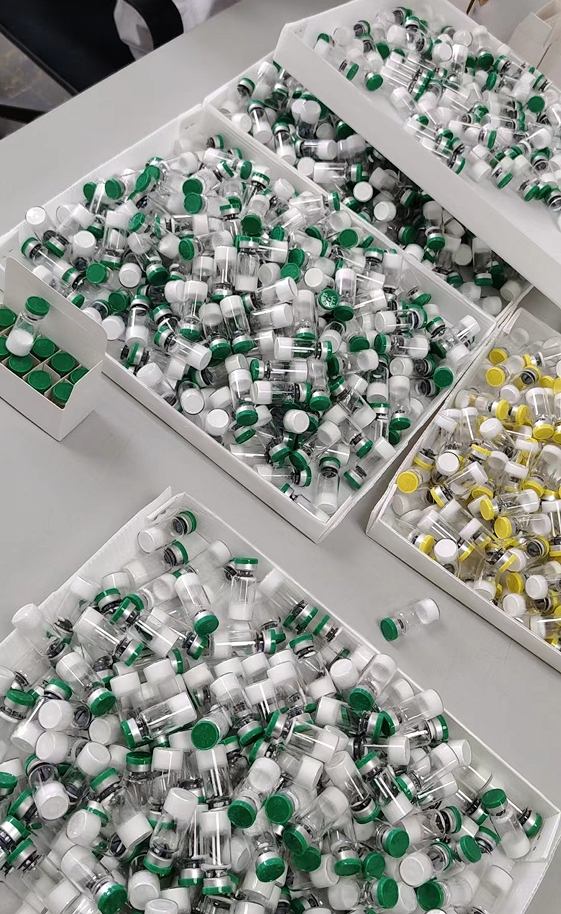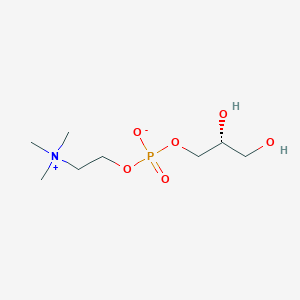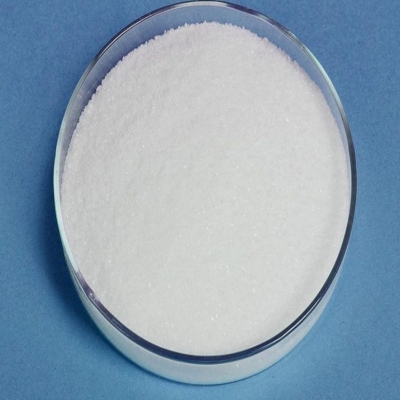-
Categories
-
Pharmaceutical Intermediates
-
Active Pharmaceutical Ingredients
-
Food Additives
- Industrial Coatings
- Agrochemicals
- Dyes and Pigments
- Surfactant
- Flavors and Fragrances
- Chemical Reagents
- Catalyst and Auxiliary
- Natural Products
- Inorganic Chemistry
-
Organic Chemistry
-
Biochemical Engineering
- Analytical Chemistry
- Cosmetic Ingredient
-
Pharmaceutical Intermediates
Promotion
ECHEMI Mall
Wholesale
Weekly Price
Exhibition
News
-
Trade Service
skeletal muscles account for 40% of the body mass. As we get older, skeletal muscles change in structure and function, and after age 50 the body loses an average of 15-30% of its muscle mass every decade, and muscle strength drops dramatically. This diffuse muscular atrophy and loss of strength muscle reduction not only reduces the quality of life of the elderly, but also creates a heavy medical burden. However, there is currently no effective treatment target or approved treatment for delaying or reversing muscle reduction.Recently, researchers from Stanford University in the United States published in Science, entitled Inhibition of prostaglandin-degrading enzyme15-PGDH rejuvenates muscle age mass and strength, found that the activity of a 15-PGDH protein reduced by one month, that is, to restore the quality and strength of the aging muscles. Conversely, increasing the expression of this protein in young mice can lead to muscle atrophy.During aging, the loss of skeletal muscle function is mainly caused by cell-to-cell interactions and abnormal cell signaling pathlines associated with inflammation, protein renewal and mitochondrial function. In previous studies, researchers found that a molecule called prosthyroid E2 (PGE2) activates muscle stem cells (MuSCs), which are essential for repairing and regenerating damaged muscle fibers. It is speculated that PGE2 may also act on mature muscle fibers to maintain the dynamic balance of muscle tissue.The researchers first tested the prosthyrotin composition of the elderly skeletal muscle and found that PGE2 levels did drop. Because PGE2 is degraded by prostetoprotein-degrading enzyme 15-PGDH, the researchers tested their levels and activity in the elderly skeletal muscles and found that the ratio of 15-PGDH increased not only in the elderly skeletal muscle, but also in the elderly heart, skin, spleen and colon tissue, and, compared to young people, 15-PGDH mRNA and protein levels in the elderly muscles also increased significantly. This suggests that 15-PGDH is a potential driver of decreased prosthyrotin levels in older muscles.Like humans, aging mice exhibit muscle loss. The researchers speculated that PGE2 levels may have improved muscle atrophy in older mice by suppressing 15-PGDH. It treated elderly mice with 15-PGDH-specific inhibitor SW and found that after one month of treatment, the ratio of 15-PGDH in the elderly muscles decreased significantly, and PGE2 levels increased, comparable to among younger muscles. In addition, the muscle fiber cross-sectional area, muscle mass and muscle strength, and endurance of older mice treated with SW increased significantly, indicating that a systematic reduction of 15-PGDH activity was sufficient to counteract skeletal muscular atrophy and enhance muscle function in older mice.If 15-PGDH does play a major role in the loss of function in the aging muscles, their over-expression in the muscles of young mice will have harmful effects on muscle function. The researchers validated this and found that muscle strength decreased after 15-PGDH was expressed in the muscles of young mice, while sustained expression for only one month resulted in a loss of muscle mass in adult mice, a significant decrease in the average cross-sectional area and muscle strength of individual muscle fibers, and a significant increase in signs of muscle atrophy. The use of SW treatment allowed the muscle mass and strength of 15-PGDH over-expression mice to be restored.
(Biological Exploration)Resources: inhibition of prostaglandin-degrading enzyme 15-PGDH rejuvenates muscle aged mass and strength.







